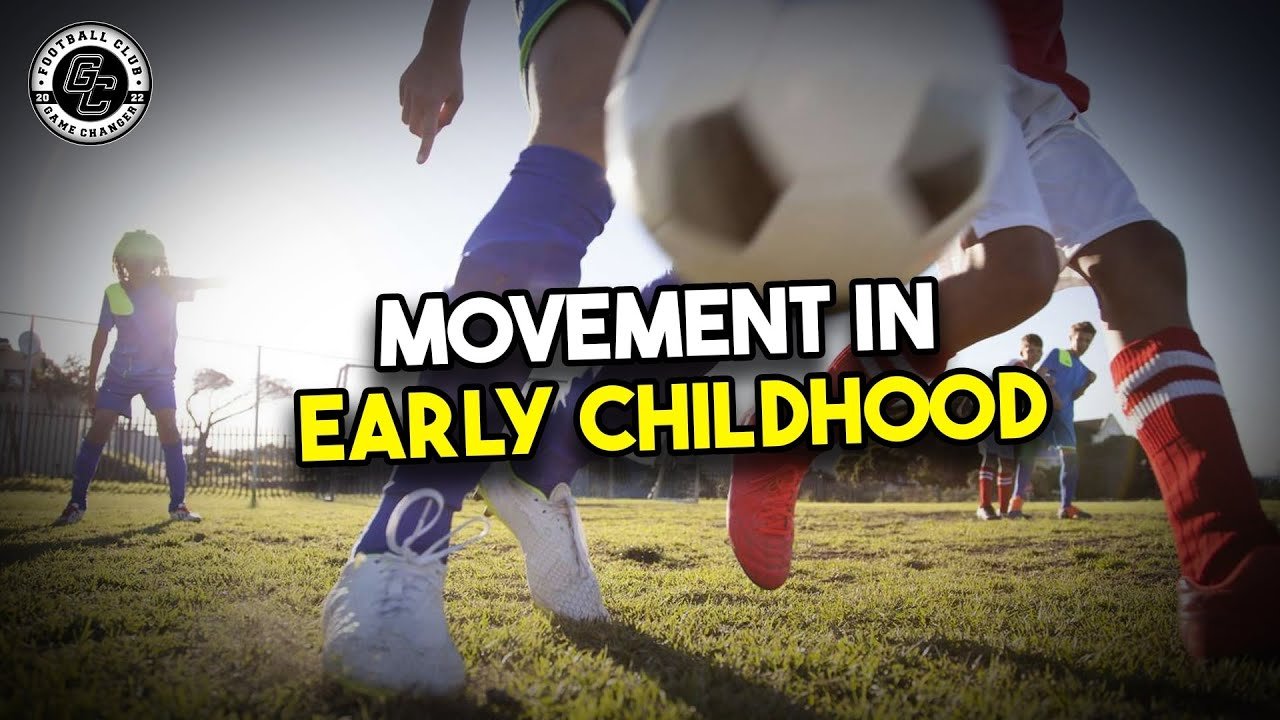The Power of Play And Youth Soccer
In today's highly structured and organized world, it's important not to overlook the power of unstructured play for children. While team sports provide numerous benefits, the value of free, unregulated play cannot be overstated. Unstructured play allows children to explore, create, and develop a deep relationship with movement that can redefine their physicality for a lifetime. In this blog post, we will explore the power of play and why children should have opportunities for unstructured movement alongside their participation in regulated team sports.
The Joy of Exploration: Nurturing Intrinsic Motivation
Unstructured play allows children to engage in self-directed activities, enabling them to explore movement in a way that is natural and enjoyable. When children have the freedom to choose and create their own games, they experience a sense of autonomy, creativity, and intrinsic motivation. This joyous exploration builds a lifelong love for movement, fostering a positive attitude toward physical activity.
By contrast, regulated team sports often have specific rules, objectives, and expectations. While these organized activities provide structure and valuable lessons, unstructured play allows children to tap into their innate curiosity, imagination, and problem-solving skills, promoting a deeper and more personal connection with movement.
Physical Literacy: Building a Foundation for Life
Unstructured play contributes significantly to the development of physical literacy—the competence and confidence to move with skill and creativity in a variety of physical activities. Through unstructured play, children can learn fundamental movement skills such as running, jumping, throwing, balancing, and coordination. These skills form the building blocks for a wide range of sports and physical activities, enabling children to navigate and enjoy different movement opportunities throughout their lives.
Unstructured play also cultivates adaptable movement patterns and problem-solving abilities. Children encounter various environmental and social challenges during play, encouraging them to adapt their movements, experiment with different strategies, and develop resilience. This adaptability nurtures a lifelong ability to engage with movement in diverse contexts and situations.
Developing Social Skills and Emotional Intelligence
Unstructured play provides valuable opportunities for children to interact with their peers, negotiate rules, resolve conflicts, and collaborate. These social interactions foster the development of critical social skills, such as communication, empathy, cooperation, and leadership. Unlike regulated team sports, unstructured play allows for a greater range of social dynamics, encouraging children to navigate different roles, learn from mistakes, and develop emotional intelligence.
Physical and Mental Well-being: Reducing Pressure and Stress
While team sports can offer a sense of camaraderie and healthy competition, they can also place significant pressure on young athletes to perform, win, and meet specific expectations. Unstructured play, on the other hand, alleviates the pressure and stress associated with structured activities. It allows children to enjoy movement without the fear of judgment, failure, or the constraints of formal competition.
Unstructured play provides a space for children to recharge, unwind, and reduce stress. It encourages them to move freely, release energy, and experience the joy of being physically active without the weight of external pressures. This mental and emotional rejuvenation contributes to overall well-being and a balanced approach to movement.
Lifelong Habits: Nurturing a Love for Movement
Unstructured play during childhood sets the stage for a lifelong love of movement and physical activity. When children experience movement as fun, engaging, and self-directed, they are more likely to maintain an active lifestyle into adulthood. Unstructured play establishes a foundation for positive movement habits, cultivating a mindset where physical activity is seen as a source of joy, self-expression, and overall well-being.
By fostering a positive relationship with movement early on, children are more likely to seek out physical activities that align with their interests and passions. This can include a wide range of pursuits such as hiking, dancing, yoga, cycling, or simply engaging in recreational activities with friends and family. Unstructured play, therefore, opens up a world of possibilities for lifelong movement and a more holistic approach to health and wellness.
While regulated team sports provide valuable lessons and experiences, the power of unstructured play cannot be underestimated. Unstructured movement nurtures intrinsic motivation, builds physical literacy, fosters social skills and emotional intelligence, reduces pressure and stress, and cultivates a lifelong love for movement. Balancing structured activities with unstructured play allows children to explore their physical capabilities, express their creativity, and develop a deep and meaningful relationship with movement that extends far beyond their childhood years. Let us encourage and create spaces for unstructured play, recognizing its transformative potential in shaping the physical and emotional well-being of children, and fostering a lifelong commitment to movement.


